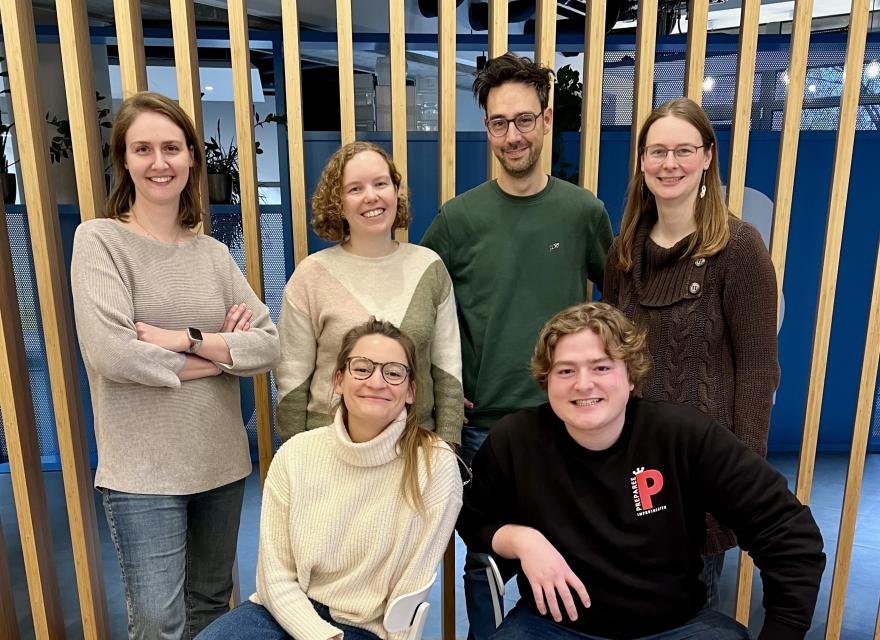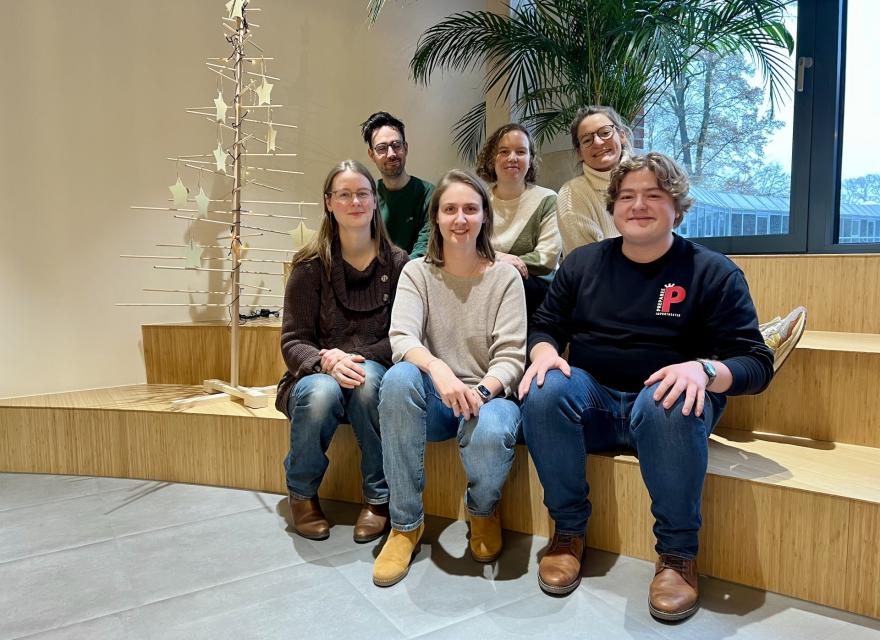Study: citizen science and Flemish scientists
In a survey with Flemish scientists, we asked about knowledge, opinions and attitudes about citizen science. We compared these results with an earlier study by the Young Academy (2015). This shows, among other things, that citizen science has become more widely known, that involvement in a citizen science project correlates positively with a positive appreciation of citizen science, but that scientists also have a great need for support when starting up their own citizen science project. We formulate a number of recommendations on this.
Read the main findings below or download the full report .

Participants
A total of 119 participants completed the survey, of which 72 men and 47 women. The main age of the participants was 45.1 years old. Scientists from different scientific domains took part. Social sciences and humanities were the most represented, followed by exact sciences, biomedical and medical sciences, and engineering sciences.
The positions of the scientists were also diverse. For example, the survey was completed by professors and full professors, lecturers and senior lecturers, doctoral students, postdoctoral researchers and retired academics. A number of other profiles also took part, including students and field researchers.


Knowledge about citizen science
There is a strong rise, compared to 2015, in the number of scientists that know the concept of ‘citizen science’ (73.5% compared to 22.2%). %). In addition, 16.2% indicated that they had already heard of it, without knowing exactly what it stands for. Only 10.3% said they had not heard of citizen science.
We asked the scientists who did know what citizen science is if they could explain what it means themselves. The overview below (in Dutch) shows which words they used the most (most frequent words included 'citizens', 'research', 'data', 'collect', 'scientific'). The Flemish scientists surveyed seem to frame citizen science mainly if they involve citizens in scientific research and data collection. Although data collection is a well-known activity that involves citizen scientists, it is by no means the only way to involve citizens. Citizens can also contribute in other ways, for example when setting up a study or reporting it, elements that were less often reflected in the scientists' answers.

Experience with citizen science
A little more than half of of the scientists (41.4%) had previously been involved in a citizen science project, either as a participant or as part of their professional activity. Where scientists had already participated in a citizen science project as part of their professional activity, this was generally very positively experienced. Collaboration with citizen scientists was also generally found to be positive, as well as the contribution of the citizen scientists.
In the surveyed projects, citizens were most involved in the delivery of data (44.2%). Other common forms of participation are data processing, reporting of the results and the (co-)creation of the research question or research method.

The biggest benefit that scientists experienced within their citizen science project appears to be the possibility to collect a lot of data, followed by conducting socially relevant research and scientific training among citizen scientists. Next to that, scientists that have not been involved in a citizen science project made a similar estimate of the benefits they would experience.
When it comes to disadvantages, there are bigger differences between both groups of scientists. While the additional communication work is mentioned as biggest disadvantage by scientists that have previously been involved in a project, this is not how the scientists that have not been involved in a project estimate it. For this group, problems with financing and legal, ethical and privacy aspects are more likely to be regarded as disadvantages.


Future of citizen science
The vast majority of participants (87.37%) said they see a future in citizen science, which is even more than in 2015 (75.0%). The number of scientists that indicated to consider starting up their own citizen science project has however slightly decreased (37.5% compared to 45.0% in 2015).
It is therefore of great importance that scientists are offered the right support. But what exactly are their biggest needs?
The surveyed scientists have a fairly large need for information within all the themes listed. They indicated that they needed the most information about guidelines for financing options, for legal, ethical and privacy aspects, and for communication. The scientists also indicated that they mainly wanted to collaborate with a third party to develop an online platform or app, recruit participants and create press coverage of the project.


Conclusion
In this report we gave an overview of the results of our survey among Flemish scientists regarding their knowledge, experiences and interest in citizen science. In potential follow-up studies the same survey could be conducted on a regular basis, for example every five years, in order to further map the evolution of citizen science in Flanders. Further elaboration on this theme can also be interesting, such as investigating the specific barriers and goals of scientists.


